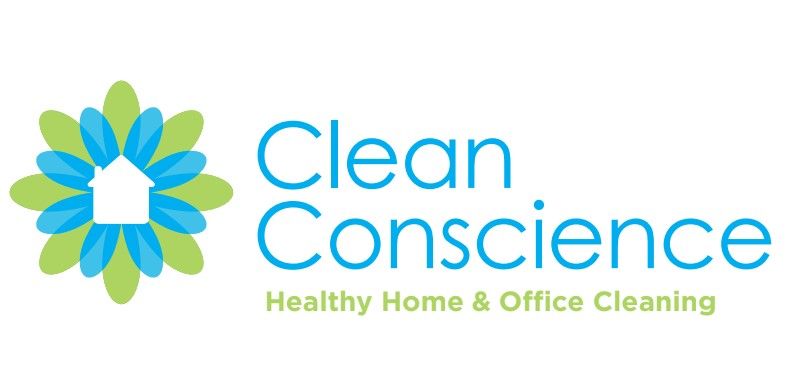Keep Your Indoor Air Clean with House Plants
English Ivy
Hedera helix (Common Ivy, English Ivy) is a species of ivy native to most of Europe and western Asia. It is labeled as an invasive species in many parts of the United States, and its sale or import is banned in the state of Oregon. English Ivy removes benzene and formaldehyde but not trichloroethylene.
Peace Lily
Spathiphyllum is a genus of about 40 species of monocotyledonous flowering plants in the family Araceae, native to tropical regions of the Americas and southeastern Asia. Certain species of Spathiphyllum are commonly known as Spath or Peace Lilies. The plant does not need excessive light or water to survive. Peace Lilies remove benzene, formaldehyde and trichloroethylene.
Chinese Evergreen
Aglaonema is a genus of about 40 species of foliage plants in the family Araceae, native to the tropical swamps and rainforests of southeastern Asia, from Bangladesh east to the Philippines, and north to southern China. No common name is widely used, though they are sometimes called “Chinese Evergreens”. Please note: The sap of this plant is poisonous to health. It causes skin irritation. If ingested, the sap causes irritation of the mouth, lips, throat and tongue. Chinese Evergreens are popular houseplants and ornamental plants for offices and shopping malls because they are among the easiest houseplants to grow. They tolerate a wide range of light, as well as neglect, and are relatively resistant to pests. Chinese Evergreen removes benzene and formaldehyde but not trichloroethylene.
Song of India Plant
Dracaena reflexa, commonly called Pleomele or the Song of India, is a species of Dracaena which is a tropical tree native to Madagascar, Mauritius, and other nearby islands of the Indian Ocean. It is widely grown as an ornamental plant and houseplant, valued for its richly coloured, evergreen leaves, and thick, irregular stems. Pleomele removes benzene and formaldehyde but not trichloroethylene.
Cornstalk Dracaena
Dracaena fragrans (Cornstalk Dracaena) is a flowering plant species that is native throughout tropical Africa, from Sudan south to Mozambique, west to Côte d’Ivoire and southwest to Angola, growing in upland regions at 600–2,250 m (2,000–7,380 ft) altitude. It is a popular as a houseplant, valued for its tolerance of a wide range of indoor conditions from full sun to low light conditions. Cornstalk Dracaena removes benzene and formaldehyde but not trichloroethylene.
Gerbera Daisy
Gerbera daisy is a genus of ornamental plants from the sunflower family (Asteraceae). There are approximately 30 species in the wild, extending to South America, Africa and tropical Asia. Gerbera is very popular and widely used as a decorative garden plant or as cut flowers because of it’s bright and varied flower colors. Gerbera daisy removes benzene, formaldehyde and trichloroethylene.
Red Pot Mum
Chrysantheium morifolium (Chrysanthemums), often called mums or chrysanths, are of the genus (Chrysanthemum) constituting approximately 30 species of perennial flowering plants in the family Asteraceae which is native to Asia and northeastern Europe. Chrysantheium morifolium is commonly called Florist’s Chrysanthemum or Pot Mum. Chrysantheium morifolium removes benzene, formaldehyde and trichloroethylene. Your local plant nursery will likely have many of these plants on hand. Give us a call today to schedule a free estimate!












